Listen to Speak
I have a tendency to speak before listening or even thinking for that matter. Since I was young I worked diligently to earn the reputation of joker, opinionated, blunt… or, as my mom so politely described it: passionate. Yeah, most of the arguments between friends and I, teachers and pastors and I, my parents and I could were chalked up as “passionate” by my mom even though we all knew it was me running my mouth. Sometimes my “passion" would make people laugh while other times it pissed them off. Sometimes it would accomplish my goals while other times it would get me in trouble. I do listen actually. I like to listen for one reason only: so I can speak. However, it hasn’t always been the case that I listened before speaking.
For the first year I was in Chattanooga I kept my mouth shut for the most part and did a lot of listening, learning, understanding. From city government meetings that I snuck into, or neighborhood association meetings, or even conversations with complete strangers in the streets of Alton Park I opened my ears and bit my tongue. Trust me, there were sooooooooo many situations in which I had an opinion I NEEDED to share. Stop Josh - don’t do it, is what I would tell myself against every natural inclination I had. I’ve shared this story often because it actually worked. So many other tactic and ploys have failed during my three years here that it’s nice to be able to offer something insightful that really is effective. Listening before speaking is one of those successful methodologies no matter the context.
In conversations where you are the foreigner, immigrant, stranger, alien you must earn the right to speak. Pragmatically, this isn’t true. You can say whatever you want whenever you want. Many people do it. But they look like an ass when they speak out of turn, ignorantly, or uninformed. Relationship Development 101 requires listening before speaking. Counseling 101 demands more listening that speaking. Pastoral Ministry 101 dictates open ears before moving lips. Demonstrating an ability to listen first will earn the necessary trust to speak later. There is no greater truth than on the journey to reconciliation.
To be reconciled spiritually we must listen to the Word of God that holds up a mirror to our sinfulness but declares us forgiven through Jesus Christ. When we attempt to speak our righteousness first we talk over the promises of God and gain nothing. But, when we listen to the Law and Gospel of God we are able to speak to God in freedom and our neighbor in love. If we fail to listen first then our speech is like a clanging cymbal or reverberating gong - meaningless, annoying, self-defeating. To be reconciled racially, educationally, socio-economically we must listen to the story of our neighbor first. Then, and only then, can we speak.
[PAUSE]
Here’s where well-intentioned dialogue goes south, especially reconciliation dialogue. In most situations the poor, racially diverse, or under-privileged is listened to then given “advice.” I cannot tell you how many times I’ve witnessed this firsthand and it is a pitfall I always pray to avoid. Listening isn’t just nodding along, occasionally sighing, or reaching over to grab an hand in sympathy. The goal of listening is understanding and empathy. How often do these conversations end with one-sided helpful advice on overcoming obstacles and challenges? Honestly, ask yourself this question: do I listen to buy time to offer advice to someone who “needs” to be enlightened, taught, or rescued? It is prideful to faux-listen just so you can speak a truth that my only be true for you. Listen first. Listen always. Maybe speak, and only when given permission through earned trust.
[UNPAUSE]
A few months ago I spoke with a class of students from the McCallie School about reconciliation in Chattanooga [read it here]. An outcome of that discussion was the desire to start up a conversation between students separated by a couple miles but segregated by bank accounts, classrooms, and privilege. Bridge City Community invited these students to make the journey to Alton Park - the first time for most - where we ate together, listened to one another, and spoke with each other.
It was a good night. It was a powerful experience. Here’s what some of the reactions were:
"I think just the simple encounter of meeting people their age yet from a distinctly different part of the city is so important. It breaks social rules and boundaries. I wonder if the kids from Howard and Tyner would say the same thing? It felt genuine at times, yet you and I both know so much was left unsaid. I'm not sure if it was out of caution, or the fact many just don't know the depth and breadth of all that is out there, dividing them. There seemed to be an innocence about the night that I loved.” - David Cook (McCallie School Teacher)
"Just want to start by saying that I am so humbled by this experience. It was amazing! I loved the circle idea… I think everyone felt that they could talk if they wanted to.” - Alison Corbett (BCC Youth Leader)
What more can I say? I’ve probably said to much as it is. I think I’ll just keep listening.
